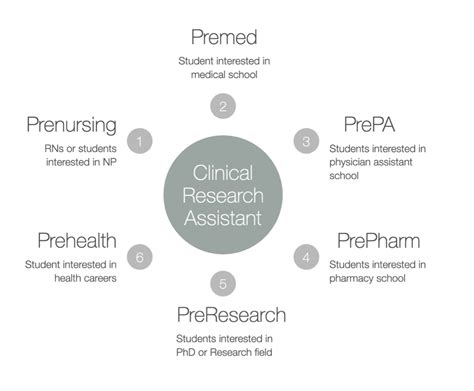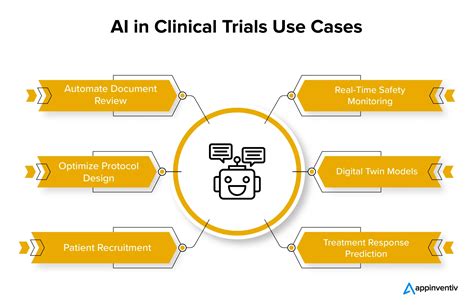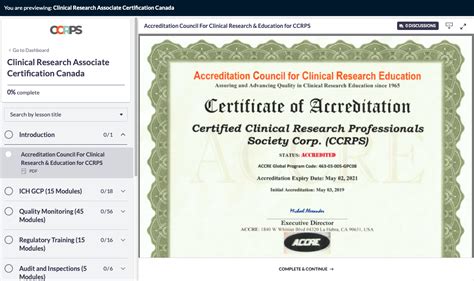Intro
Unlock a fulfilling career as a Clinical Research Assistant, where youll play a vital role in advancing medical knowledge and improving patient outcomes. Explore the responsibilities, skills, and qualifications required for this in-demand profession, and discover the growth opportunities and rewards that await in the field of clinical research and trials.
The field of clinical research has experienced tremendous growth in recent years, driven by the increasing demand for innovative treatments and therapies. As a result, the role of a Clinical Research Assistant (CRA) has become a highly sought-after career path for those interested in healthcare, research, and science. In this article, we will explore the world of Clinical Research Assistants, their responsibilities, benefits, and the steps you can take to pursue a rewarding career in this field.

What is a Clinical Research Assistant?
A Clinical Research Assistant is a healthcare professional responsible for supporting the planning, implementation, and coordination of clinical trials. CRAs work closely with researchers, scientists, and other healthcare professionals to ensure that clinical trials are conducted efficiently, effectively, and in compliance with regulatory requirements. Their primary goal is to contribute to the development of new treatments, medications, and medical devices that improve human health.
Responsibilities of a Clinical Research Assistant
The responsibilities of a Clinical Research Assistant can vary depending on the organization, location, and specific job requirements. However, some common tasks include:
- Coordinating and managing clinical trials, including preparing study protocols, informed consent forms, and other study-related documents
- Conducting literature reviews and analyzing data to support research studies
- Collaborating with researchers, scientists, and other healthcare professionals to design and implement clinical trials
- Ensuring compliance with regulatory requirements, such as Good Clinical Practice (GCP) and Institutional Review Board (IRB) regulations
- Recruiting and enrolling patients in clinical trials
- Collecting and managing data, including data entry, cleaning, and analysis
- Preparing reports and presentations to communicate study results to stakeholders

Benefits of a Career as a Clinical Research Assistant
A career as a Clinical Research Assistant offers numerous benefits, including:
- Opportunities to contribute to the development of new treatments and therapies that improve human health
- Collaborative work environment with researchers, scientists, and other healthcare professionals
- Variety of tasks and responsibilities, including data analysis, patient recruitment, and study coordination
- Opportunities for professional growth and development, including certifications and advanced degrees
- Competitive salary and benefits packages
Steps to Pursue a Career as a Clinical Research Assistant
If you're interested in pursuing a career as a Clinical Research Assistant, here are some steps you can take:
- Earn a bachelor's degree in a life science, such as biology, chemistry, or pharmacology
- Gain experience in research, either through internships or volunteer work
- Develop strong analytical and communication skills, including data analysis and presentation software
- Consider earning a certification, such as the Certified Clinical Research Associate (CCRA) or the Certified Clinical Research Coordinator (CCRC)
- Network with professionals in the field, including researchers, scientists, and other Clinical Research Assistants

Education and Training Requirements
While a bachelor's degree is typically required for a career as a Clinical Research Assistant, some employers may prefer or require a master's degree or higher. Coursework in life sciences, such as biology, chemistry, and pharmacology, is highly recommended. Additionally, many Clinical Research Assistants choose to earn certifications, such as the CCRA or CCRC, to demonstrate their expertise and commitment to the field.
Certifications and Professional Development
Several certifications are available for Clinical Research Assistants, including:
- Certified Clinical Research Associate (CCRA)
- Certified Clinical Research Coordinator (CCRC)
- Certified Clinical Research Professional (CCRP)
- Certified Associate in Clinical Research (CACR)
These certifications demonstrate a level of expertise and commitment to the field, and can be beneficial for career advancement.

Salary and Job Outlook
The salary range for Clinical Research Assistants varies depending on factors such as location, employer, and level of experience. However, according to the Bureau of Labor Statistics, the median annual salary for Clinical Research Assistants is around $60,000. The job outlook for Clinical Research Assistants is also strong, with employment projected to grow 10% from 2020 to 2030.
Job Opportunities and Career Advancement
Clinical Research Assistants can work in a variety of settings, including:
- Pharmaceutical companies
- Biotechnology companies
- Research institutions
- Hospitals and healthcare systems
- Government agencies
With experience and certifications, Clinical Research Assistants can advance to senior roles, such as:
- Clinical Research Coordinator
- Clinical Research Manager
- Research Scientist
- Regulatory Affairs Specialist

Conclusion
A career as a Clinical Research Assistant offers a rewarding and challenging opportunity to contribute to the development of new treatments and therapies. With a strong foundation in life sciences, analytical and communication skills, and certifications, Clinical Research Assistants can advance in their careers and make a meaningful impact on human health.
We hope this article has provided valuable insights into the world of Clinical Research Assistants. If you have any questions or would like to share your experiences, please comment below. Share this article with others who may be interested in pursuing a career in clinical research.
What is the typical salary range for a Clinical Research Assistant?
+The median annual salary for Clinical Research Assistants is around $60,000, according to the Bureau of Labor Statistics.
What certifications are available for Clinical Research Assistants?
+Several certifications are available, including the Certified Clinical Research Associate (CCRA), Certified Clinical Research Coordinator (CCRC), and Certified Clinical Research Professional (CCRP).
What is the job outlook for Clinical Research Assistants?
+Employment of Clinical Research Assistants is projected to grow 10% from 2020 to 2030, according to the Bureau of Labor Statistics.
